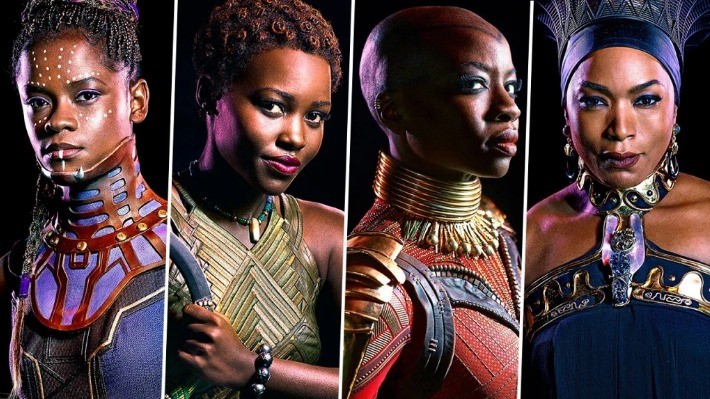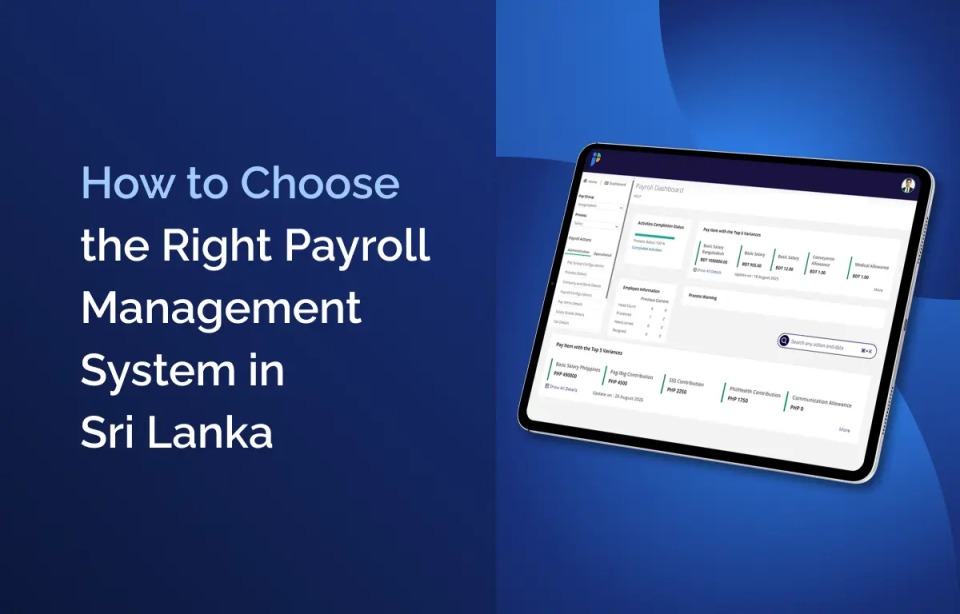
Published in:
Blog
Wakanda Forever broke the glass ceiling in Diversity, Equity & Inclusion: HR example on DEI
As International Women’s Day was around the corner, it reminded us how important Diversity, Equity & Inclusion (DEI) is for a workplace. Research proves that companies with higher gender and racial diversity have been found to perform better financially than their counterparts. How do we go about implementing a DEI strategy in a company? There is no quick fix and no amount of research or AI or theory can tell you exactly what to do. While certain industries adapt to the concept faster, certain industries struggle. The entertainment industry has been at the forefront, especially creators like Marvel, Disney & Netflix bringing diversity and inclusion to the films they produce.
My favourite Marvel franchise, Black Panther brings in a fresh take on what culture, diversity, and women in leadership signify. Gender equality is a fundamental aspect of Wakanda society where women are not held back by traditional gender roles. Women in leadership roles are not limited to reaching their full potential and are supported and encouraged to do so.
In Wakanda, representing culture is not a gender-based role and the community does not focus on gender either. Wakanda had women in science, the military, and top positions signifying their own culture. Every employee should feel valued and respected at work. It is not about extending an open invitation; it is about having a culture in that every individual knows that they are welcome as who they are. Often we stereotype roles based on gender in the workplace and leadership, especially for certain industries is heavily gender biased. A woman holds a position of leadership in Wakanda solely based on her abilities and merit, rather than being selected for stereotypical traits such as being naturally inclined towards peace or nurturing, or because to fill a quota.
Diverting your workplace into a DEI-friendly environment can be challenging, firstly it’s important to get the facts straight, to make a company more diverse, your leaders need to understand the importance of inclusion and equity. If they understand it then you can decide to prioritize it as an organizational goal Prioritizing DEI starts with culture and recruitment, just like Marvel made a conscious decision to bring in inclusion, a company needs to take a decision on bringing it to the DNA of culture. This comes from a deeply rooted notion and understanding that it is necessary to grow and that it builds a more cohesive productive culture in the workplace.
Making the decision itself is the first step, but this is a change to the organization and it has to follow a change process with everyone coming to the agreement of implementing a DEI-friendly culture and HR strategy After all everyone should feel like they are respected for who they are and where they come from and not be overwhelmed by the attention or caution given to them because of it. There is a thin line between the two, and this has to be embedded in the culture and communication within a company so everyone is at ease.























